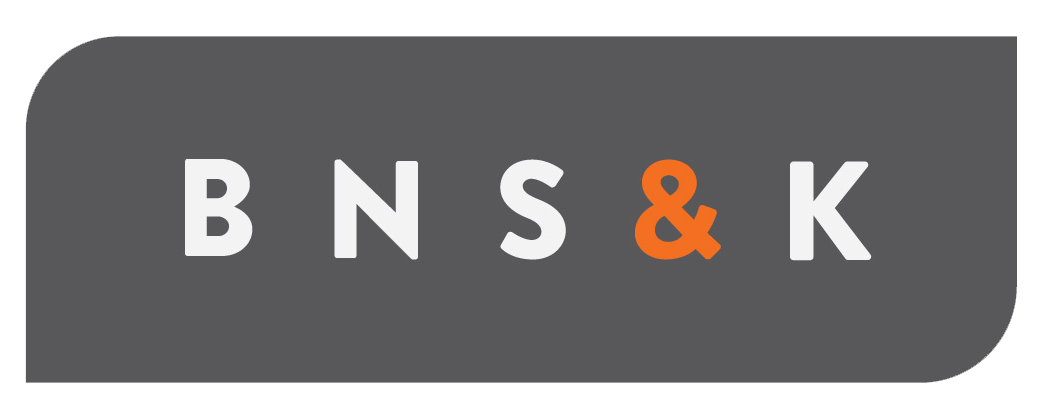The Delaware Court of Chancery addressed another a forum selection bylaw in City of Providence v. First Citizens Bancshares, Inc. (2014 Del. Ch. LEXIS 168). Although similar to the bylaw addressed in Boilermakers v. Chevron Corp. (73 A.3d 934), the provision here selected North Carolina as the forum for a Delaware corporation. In June 2014, FCB adopted the bylaw, setting the forum as the U.S. District Court, Eastern District of North Carolina for claims related to derivative actions, breach of fiduciary duty, Delaware General Corporation Law, and the internal affairs doctrine. FCB also announced a merger on the same day. Stockholders Providence then brought suit in Delaware challenging the validity of the bylaw and alleging breaches of fiduciary duty. FCB moved to dismiss the validity challenge under Court of Chancery Rule 12(b)(6) for failure to state a claim, and moved to dismiss the fiduciary duty claims under Rule 12(b)(3) for improper venue.
The Court first noted the differences in the bylaw at issue with the Boilermakers bylaw: first, the bylaw selected a foreign forum, North Carolina, and second, the bylaw’s application was limited “to the fullest extent permitted by law.” These distinctions did not affect the validity. Most of FCB’s business occurred in North Carolina, and all the alleged claims were asserted in North Carolina courts before. The Court granted the motion to dismiss.
The questioned remained whether the bylaw was valid as applied. Under The Bremen v. Zapata Off-Shore Company (407 U.S. 1972), forum selection clauses are valid unless “[affected] by fraud, undue influence, or overweening bargaining power,” or “if enforcement against the resisting party [is] unreasonable.” The Court also applied Schnell v. Chris-Craft Industries, Inc. (285 A.2d 437), in that “inequitable action does not become permissible simply because it is legally possible.” Providence argued that Delaware had a dominant interest in deciding the issues raised, the simultaneous adoption with the merger made application unreasonable, and the bylaw could not be repealed without the majority stockholder who approved the merger. Providence alleged no claims for fraud or overreaching.
The Court found no public policy to require litigating the claims in Delaware. The timing argument also failed; there was nothing unreasonable about challenging either the bylaw or merger in North Carolina. Finally, the Court held that the fact that a currently controlling stockholder may favor the board-adopted bylaw does not make it per se unreasonable to enforce. If that were the case, most board-adopted bylaws were questionable.
The Court held that Providence provided no grounds to prohibit enforcement, and dismissed the remaining claim for improper venue.
